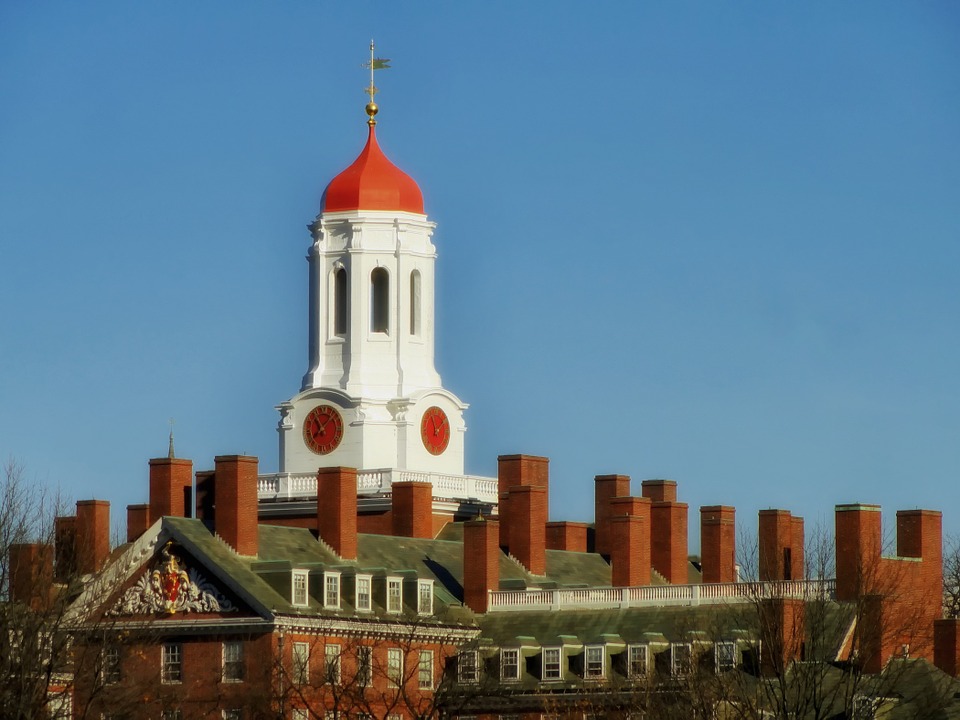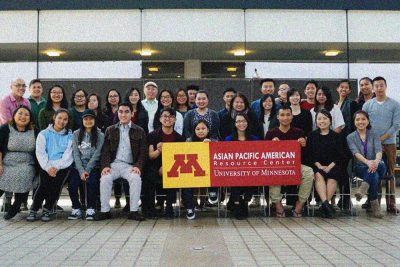Slavery abolition was a milestone in the US because it guaranteed the rights of every citizen in the country. Comparison with rich donors flexibility when donating by Larry Bacow caused uproar and deemed inappropriate due to the historical significance of the 13th amendment.
Harvard university president, Larry Bacow, has come under fire for comparing fundraising changes to the 13th amendment of the US constitution. The amendment, which abolished slavery, marked an important milestone in the history of the US.
The new changes in donations will allow donors and alumni to donate to other institutions they did not attend. He argued that if these schools tried to own this alumnus, he said that it would place schools that produce civil servants at a disadvantage. Therefore, he considered this as a step forward in ensuring that the funds are well distributed to all schools. He was happy that prestigious schools would no longer own their alumni and considered these changes as significant as the one that abolished slavery in the united.
Amid criticism from all quotas, Bacow issued an apology which read in part,
I regret that these comments caused offense. That certainly was not my intent,I hoped to convey my belief that our collective job is to help our donors achieve their philanthropic objectives, which might include supporting activities in schools where they enjoyed no prior affiliation.
Bacow wrote in an apologetic email to university staff.
Havard and slavery connection
Harvard university has in recent times been in controversies, the major one being acceptance of donations from Jeffrey Epstein. His $9 million contributions, which was made between 1998 and 2007. The university disclosed this month about these donations. They also stated that $186,000 was remaining from these proceeds and will be used helping victims of sexual assault.
Harvard has had a long history with slave labor, where it used slave labor in its earlier days. Recently, it erected a plaque to honor four people that had been enslaved in the institution in the 18th century. It has also held conference meant to address the relationship higher education had with slavery, with the most recent one being in 2017.
Modern-day slavery
Slavery may be illegal in the United States, but there are still 58,000 working there in conditions that can only be described as such, according to the Global Slavery Index (GSI). GSI co-author and professor of contemporary slavery Kevin Bales on May 8 in a Reddit AMA says:
It’s true that Americans have a hard time imagining enforced labor that isn’t like an Alabama plantation, but remember that slavery has been around since the very beginning of human history, in many many forms. It never stopped, even when it was made illegal, in the U.S. or anywhere else.







